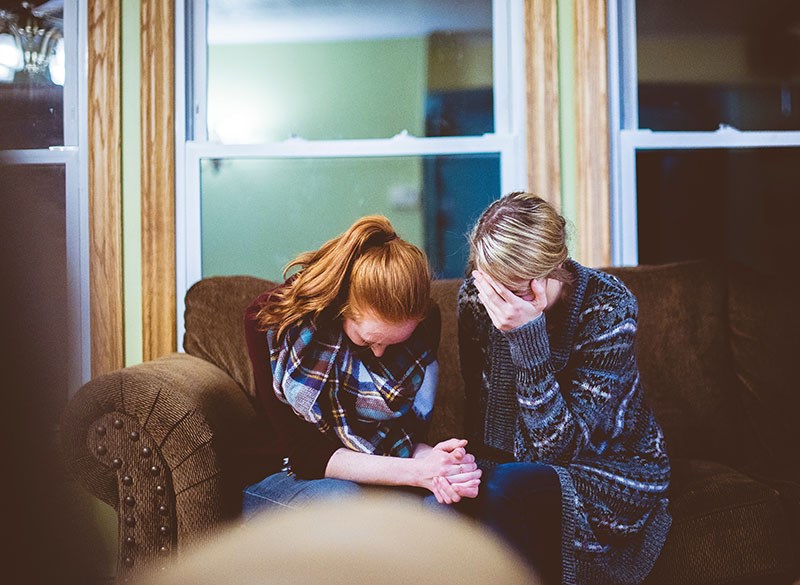Is it time for an education ombudsperson or public advocate to help parents deal with difficult and challenging situations such as conflict, bullying or violence on or near school grounds?
It would seem that parents have very little power and authority while school administrators and police have a great deal.
The recent public outcry on social media against School District 43 and Coquitlam RCMP about their handling of an alleged assault involving a a 13-year-old boy, who has been accused of one count of assault causing bodily harm and another count of uttering threats, and a 14-year-old girl suggests people are frustrated and don’t believe authorities are listening to or working in the public’s best interest.
Whether this concern is justified is difficult to ascertain as the school board and RCMP aren’t allowed to give their side of the story due to privacy and legal reasons.
There was a time when people simply accepted what authorities said — but that time has passed. Now, people want to know what happened and why, and there is a degree of mistrust in the ability of authorities to handle situations justly and fairly.
A case in point is the decision of a mother to record a Coquitlam RCMP officer who was dealing with her 14-year-old daughter. If the remarks by the officer involved are accurately represented in the media, that mistrust was justified.
A lot of sensitivity is needed in cases such as this. Could a public advocate who can intervene on the public's behalf be one way of dealing with these situations?
There are already Human Rights Tribunals, the Office of the Ombudsperson and the courts but few are likely to go this route, which can take months to resolve. In B.C. very few complaints were made against schools and school districts last year, for example. Of the approximately 5,000 complaints handled by B.C.'s ombudsperson up to March 31, 2019, only 91 were made against schools and school boards, and just three complaints were against to School District 43, which were dealt with, although we don't know the outcome.
Complaints can also be made to the The Civilian Review and Complaints Commission for the Royal Canadian Mounted Police — but, again, this is not likely a nimble process for parents whose situations need to be handled quickly.
Perhaps advocates who can speak on behalf of individuals dealing with school districts, police and other authorities could be considered. In addition, those authorities need to do more to prove to the public that they are open, transparent and able to deal with criticism when it comes their way.



